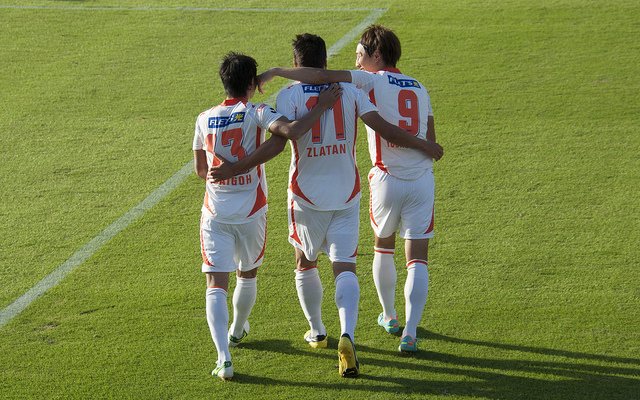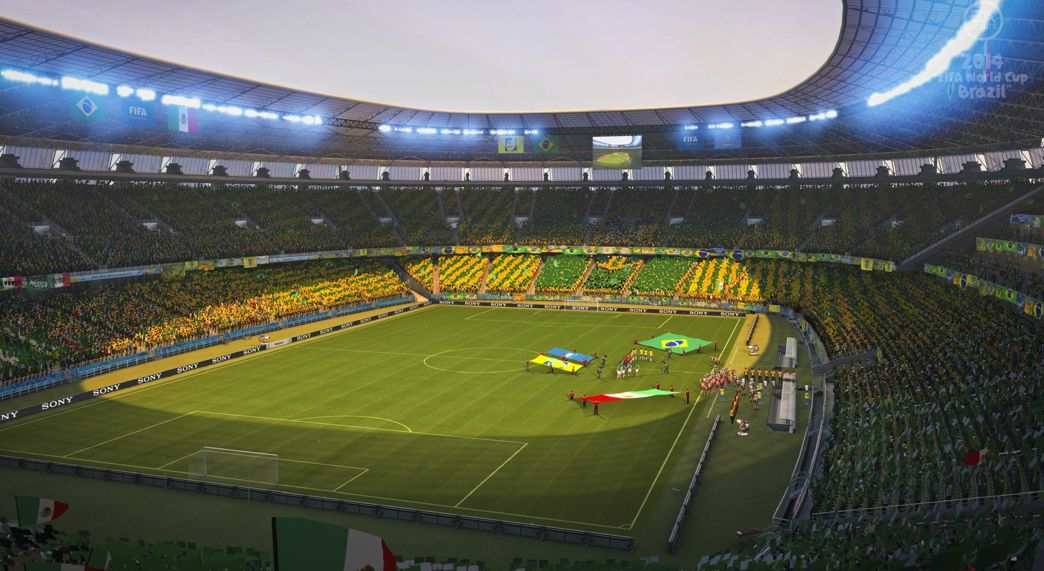Now with the world somewhat less fixated on football (or soccer as I’ve learned to call it here in the U.S.), let us reflect on what observations may be made. Since many of my colleagues and I are from Asia, we paid a bit more attention during the matches to the Asia Pacific teams that competed—South Korea, Japan and Australia—as well as to the U.S.
Being from China, I was personally a little disappointed that China did not qualify for this year’s event in Brazil. Even with over 1 billion people, it has somehow repeatedly failed to assemble the dozen or so athletes needed to field a competitive team. In fact, the only time Team China managed to qualify was in 2002, but its World Cup dreams fizzled without a single goal.
By contrast, Japan has perhaps offered a roadmap for others. Although not considered among the world’s top soccer teams, Japan’s achievement has nonetheless been remarkable as a latecomer to the game. Its professional soccer league got its start in just 1993. The J-league, as it is known, is the brainchild of Saburo Kawabuchi, a former center forward on Japan’s national soccer team. When he helped set up the league, he projected that it would take a century to make Japan internationally competitive.
English coach Steve Darby, who has worked throughout Asia was quoted by Australian press as saying, “I would really like Japan to do well on the pitch as they tend to do everything right off the pitch. The Japanese model is the one (for Asian teams) to follow … Japan has long-term goals—unlike many countries who have such short-term ones based purely on immediate results—a strong league, underpinned by an organized systematic youth development program.”
J-League’s focus has been geared toward building a richer sporting environment that goes beyond merely entertainment. Several J-Leaguers have played in top European leagues such as Manchester United, and served as role models back home. And just last month, English champions Manchester City purchased a stake in the Yokohama F-Marinos—a milestone in foreign investment in a J-League team.
While a single World Cup match could potentially make or break a national team, elevating a national team’s overall competitiveness requires a long-term approach. Likewise, in investing, short-term factors drive individual stocks up or down on a daily basis. At Matthews, we believe that taking a long-term view is the correct approach to sound investing. Though our time horizon is not as long as over 100 years, we do constantly ask ourselves what businesses will look like five to 10 years down the road.
For many nations, professional soccer, or indeed professional sports in general, is a low value-added activity. It is only when nations are productive enough to allow a small fraction of their population to play for money that the game can really take off as a business. But more and more of Asia is reaching that stage. And when they do, Asia’s middle class may even celebrate their first World Cup winners.
Opinion column by Beini Zhou, CFA. Portfolio Manager, Matthews Asia



